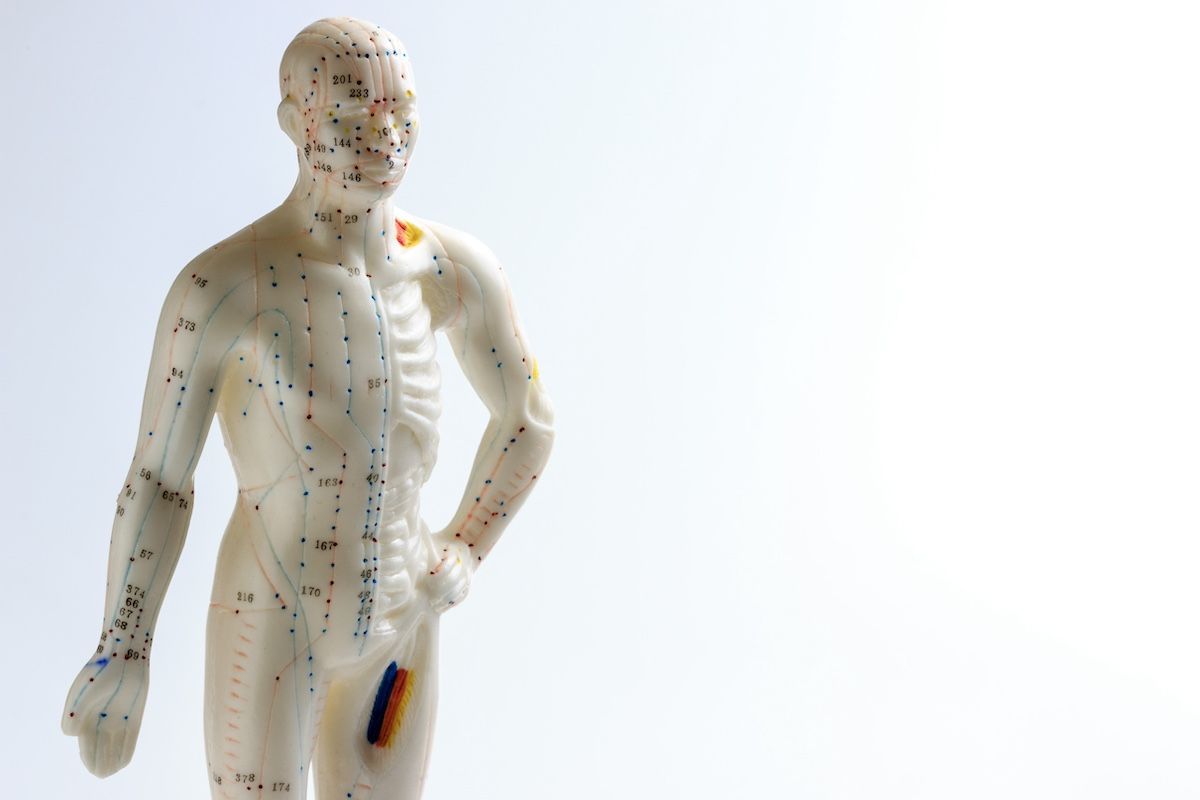Mailing address
Association for Comprehensive Energy Psychology (ACEP)
28 Garrett Ave. Suite 100
Bryn Mawr, PA. 19010 USA
Home Office Phone, Skype & Fax
ACEP Main Phone: 619-861-2237
ACEP EFT Questions: 484-380-2448
Skype: leslie.acep
Fax: 484-418-1019
ACEP Staff
Robert Schwarz, PsyD, DCEP, Executive Director
Email: acep_ed@energypsych.org
Leslie Primavera, Office Manager/Certification Coordinator
Phone: 619-861-2237
Email: admin@energypsych.org
Cynthia Joba, Director, Outreach & Communications
Email: cjoba@energypsych.org
Susan Carney, Admin Assistant/CE Coordinator
Phone: 484-380-2448
Email: Scarney@energypsych.org
Blog

Get updates about energy psychology, energy practices and more.
Donate
Your financial support will help ACEP expand the use of energy psychology.
The result? More healing.
Association for Comprehensive Energy Psychology. All rights reserved.
Created by Olive + Ash.
Managed by Olive Street Design.








